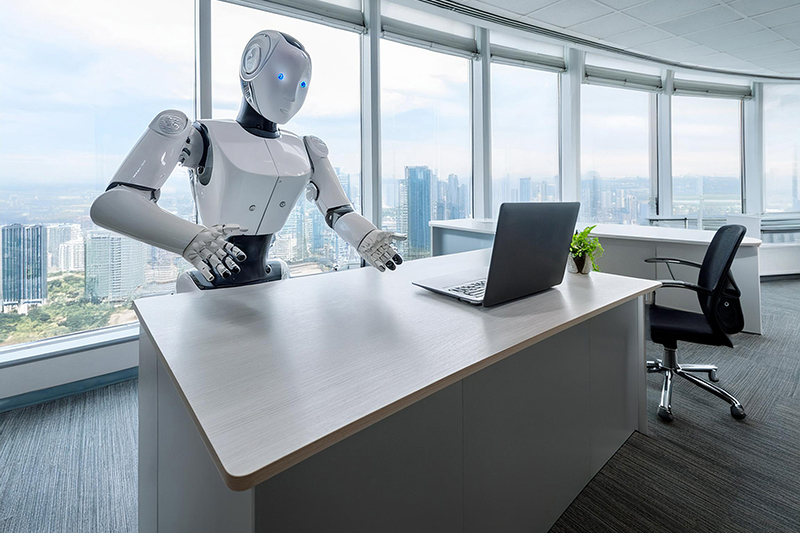Overcoming the Aerospace Industry’s Challenges Unique to Singapore
Singapore’s aerospace industry epitomizes the highest technological advancements and the most innovative approaches, but just like any other sector, it has a bunch of challenges that it confronts. This field, because of the special features it has, is under the burden of problems that other sectors, in a widespread manner, do not encounter. First, it is the rule of international aviation safety to comply with which calls for continuous updates and detail-oriented administration. Next, the highly skilled human resources requirement where the ultra-precise machinery and aerospace technology rely on workers who are not only technologically stronger but must learn all the time. Not to mention that the logistics chain may play a very big role here, considering that’s where the parts often distal from other countries, abided by the events occurring in these parts of the world.
On top of that, it is needless to say that the aerospace industry also contends with some of the challenges that are typical of other industries in Singapore.

They include the nearly never-ending battle for competitiveness against broader markets and the underlying digital transformation necessary for keeping up with technology. Besides, the aerospace industry, just like several others, is impacted by the problem of a shortage of skilled workers, with Tagging and Retention of the Best Professionals in the Market being the Top.
HCM Systems as Tools to Manage Industry Shortcomings
Through Human Capital Management (HCM) systems, it is possible to overcome many of the hurdles in the industry. It is indeed the digital platform that streamlines processes that help emancipate from tedious chores through a well-function HCM. In addition to that, an advanced HCM system can now automate or at least help manage scheduling and payroll, thus paving the way for fewer mistakes and higher productivity. This is truly essential for businesses with complex mechanization systems such as aerospace.
Besides, HCM systems allow businesses to have better analytics and reporting tools. In appraisals of performance, this feature is useful as it provides well-detailed data which points out skill gaps and areas in need of development. Another very apt example is the customized payroll systems that a payroll vendor integrates for the aerospace industry in order to serve them better amidst all complexities such as long service payment intricacies. And the last but not the least point is that a smart HRMS software takes care of the compliance with the local regulations such as CPF contributions which are notably important in Singapore.
Guidelines on HCM Deployment
Implementation of HCM software goes well with proper planning and strategic acts. To begin with, it is very important to analyze the peculiarities of the firm and find the system that will match the operational needs accurately. The training is one more key point as it ensures that every member of the team is in a position to shift to the new system in a smooth manner effectively. Noteworthy too is the necessity of regularly checking the system at intervals for adjustments that meet the growing needs of the firm without causing any breakdowns.
Best Features of the Multiable aiM18 HCM System
The Multiable aiM18 HCM system is a toolset that is made up of several features engineered for resolving issues that are peculiar to the industry:
- Rule-based Workflow Engine: By creating a automating HR’s difficult processes it enhanced the efficiency of the entire organization.
- ISO:27001 Certification: The use of strong encryption protocols proactively protects the data from unauthorized access and ensures a satisfactory level of data security.
- Unlimited Headcount Dimensions: Offers flexibility to deal with workforce alterations like managing efficiently through
- Powerful Payroll Engines: Bring to fruition the processing of millions of payroll formulas straight, almost a must for works with long service payments and other complex calculations.– Intelligent Roster Planning: Affective employee scheduling is not only about the productivity of the workforce but also coming to compliance with labor law requirements.
IRAS Approval as a Sign of Excellence in Compliance
Multiable HCM is officially approved for compliance with software requirements set forth by Singapore’s Inland Revenue Authority (IRAS) in their ‘Category of Software Compliance to Controls’ program for the Auto-Inclusion Scheme (AIS) for Employment Income. This certification shows the system’s capabilities in processing very complex payroll while keeping regulatory norms at the forefront of the exercise.
What is Multiable HCM?
Multiable HCM is a cloud-native HCM (aka HRMS, HRIS or HR system). With over 6,000 customers, Multiable HCM gains positive feedbacks from customer across different sectors, from manufacturers, distributors, retailers, service providers to NGOs. The renowned no-code approach saves customer a big sum of customization costs and countless hours of implementation man-days.
What is LAIDFU (Let AI Do for You)?
LAIDFU is an AI tool for enterprise to build their own AI agents to perform various business AI tasks.
Proprietary EKP (Enterprise Knowledge Partitioning) technology eases CEO’s concern about trade secret leakage which often occurs in most AI agents / chatbots in the market.
EKP removes the hurdle of business AI adoption by most companies in using sensitive corporate data.
Powered by no-code approach, deployment of LAIDFU incurs far less developers (and development costs) in comparison with other AI tools.
LAIDFU empowers business, with or without an HCM system in place.
Contact us
Error: Contact form not found.